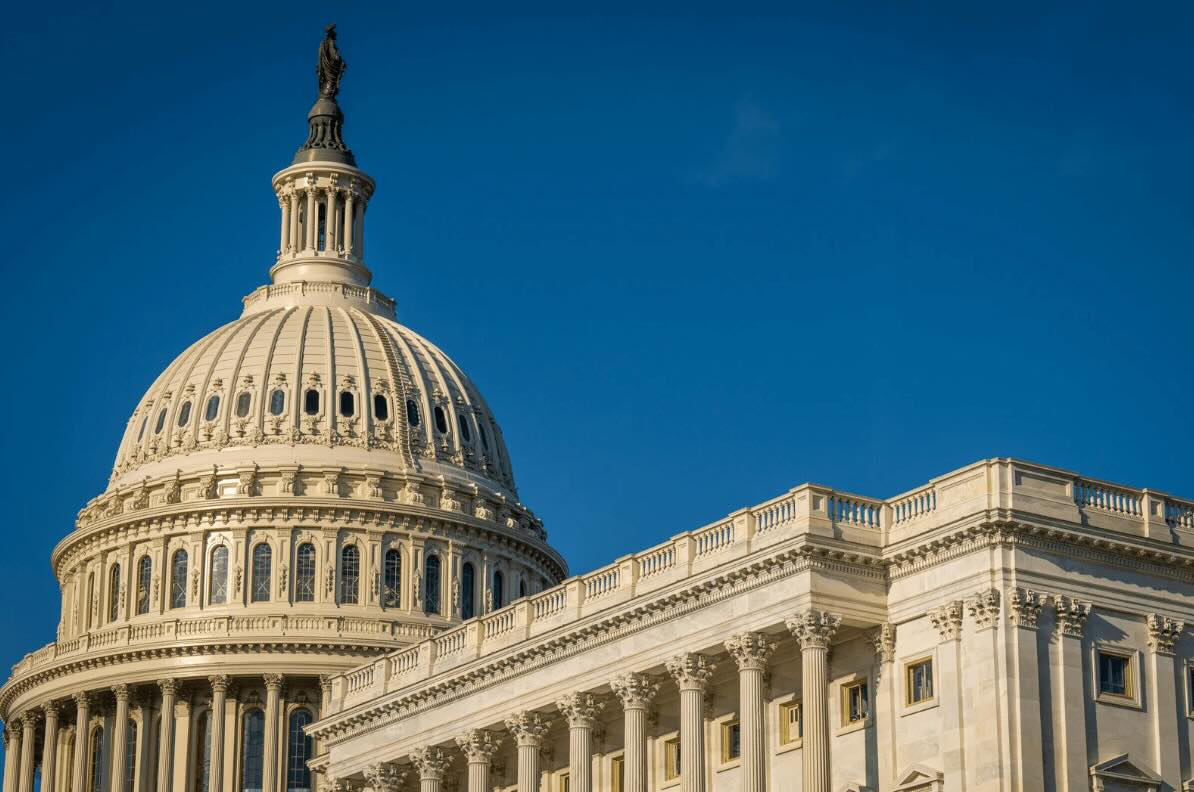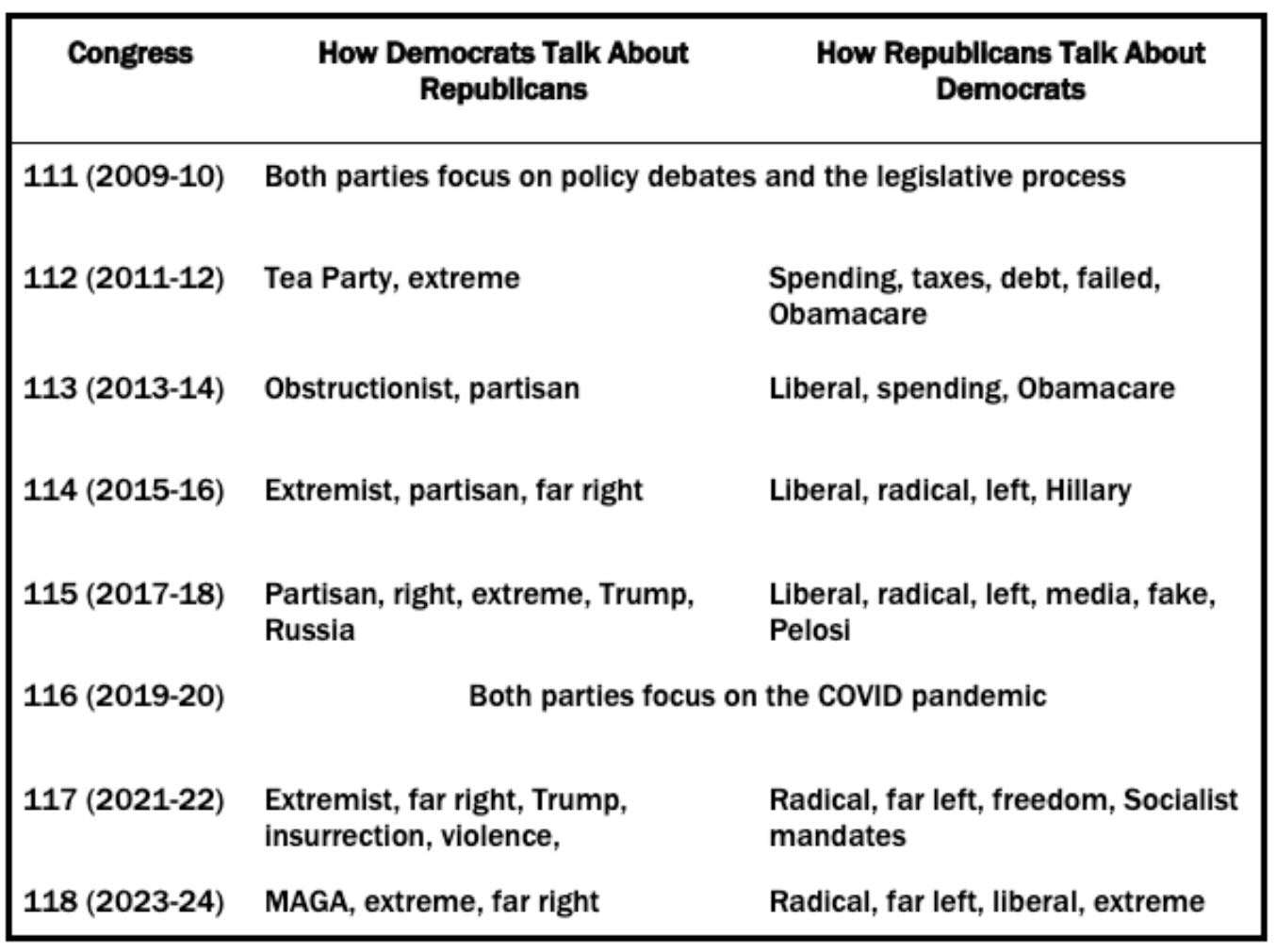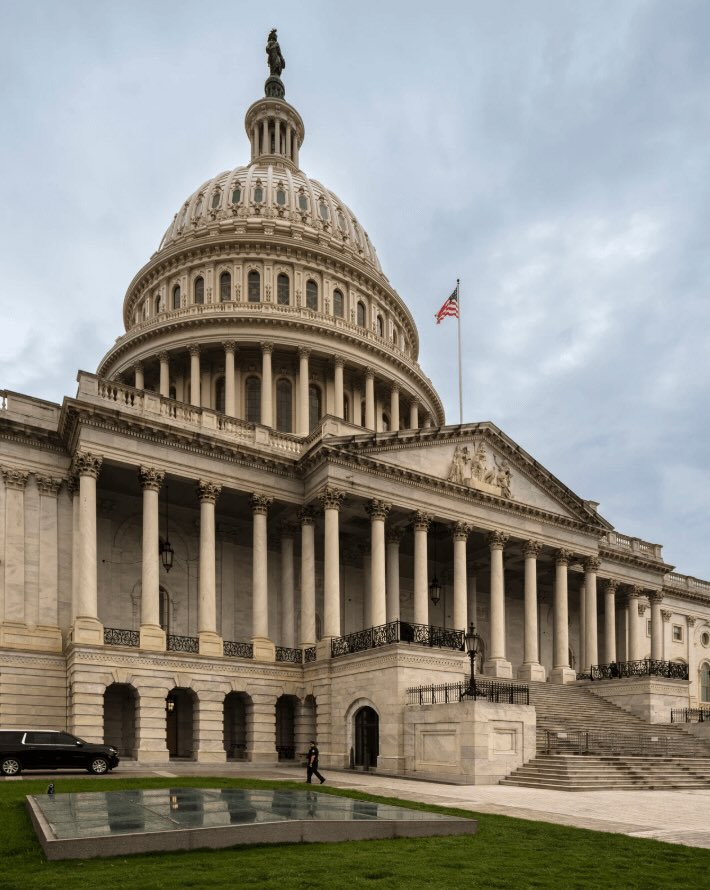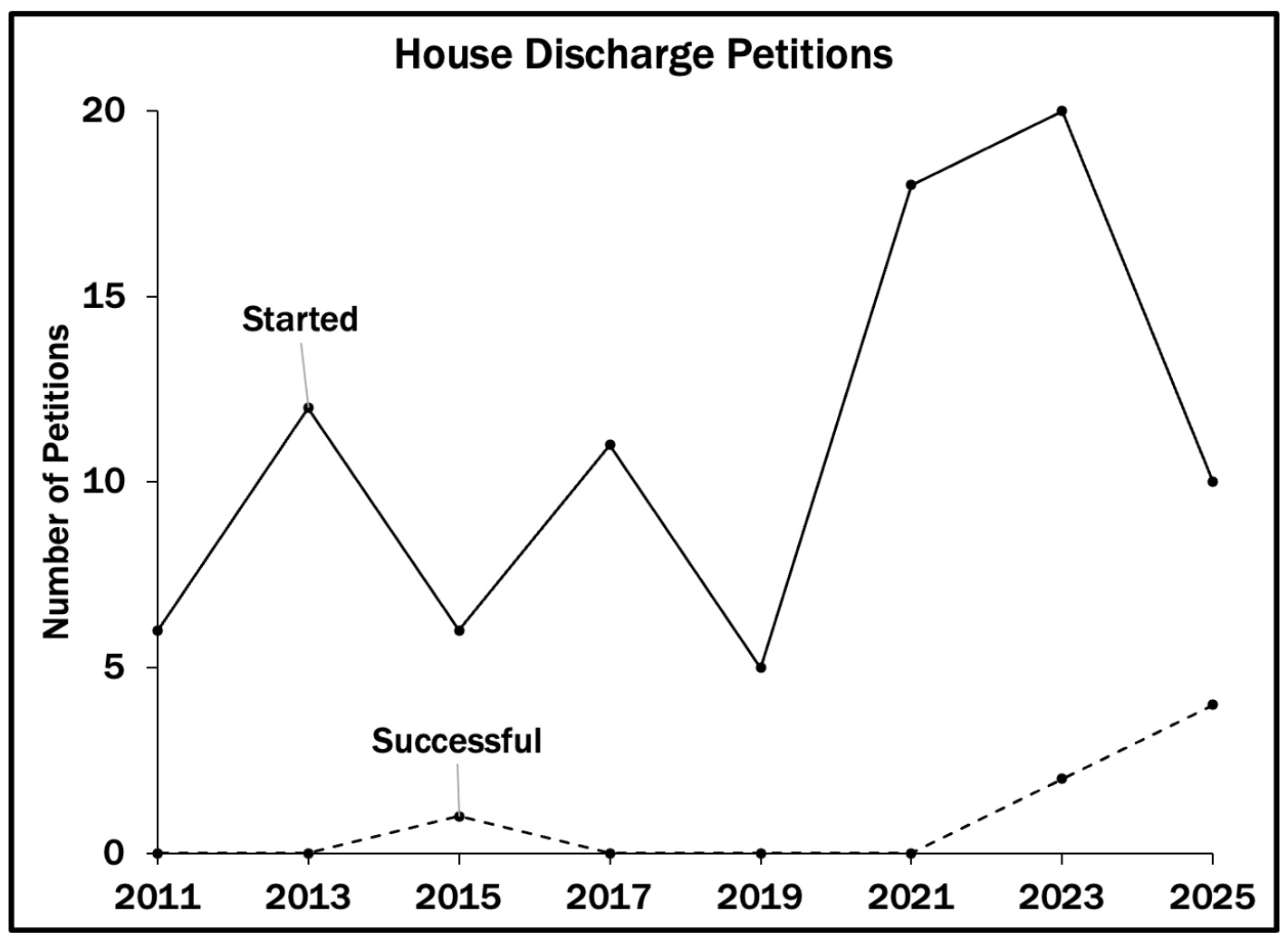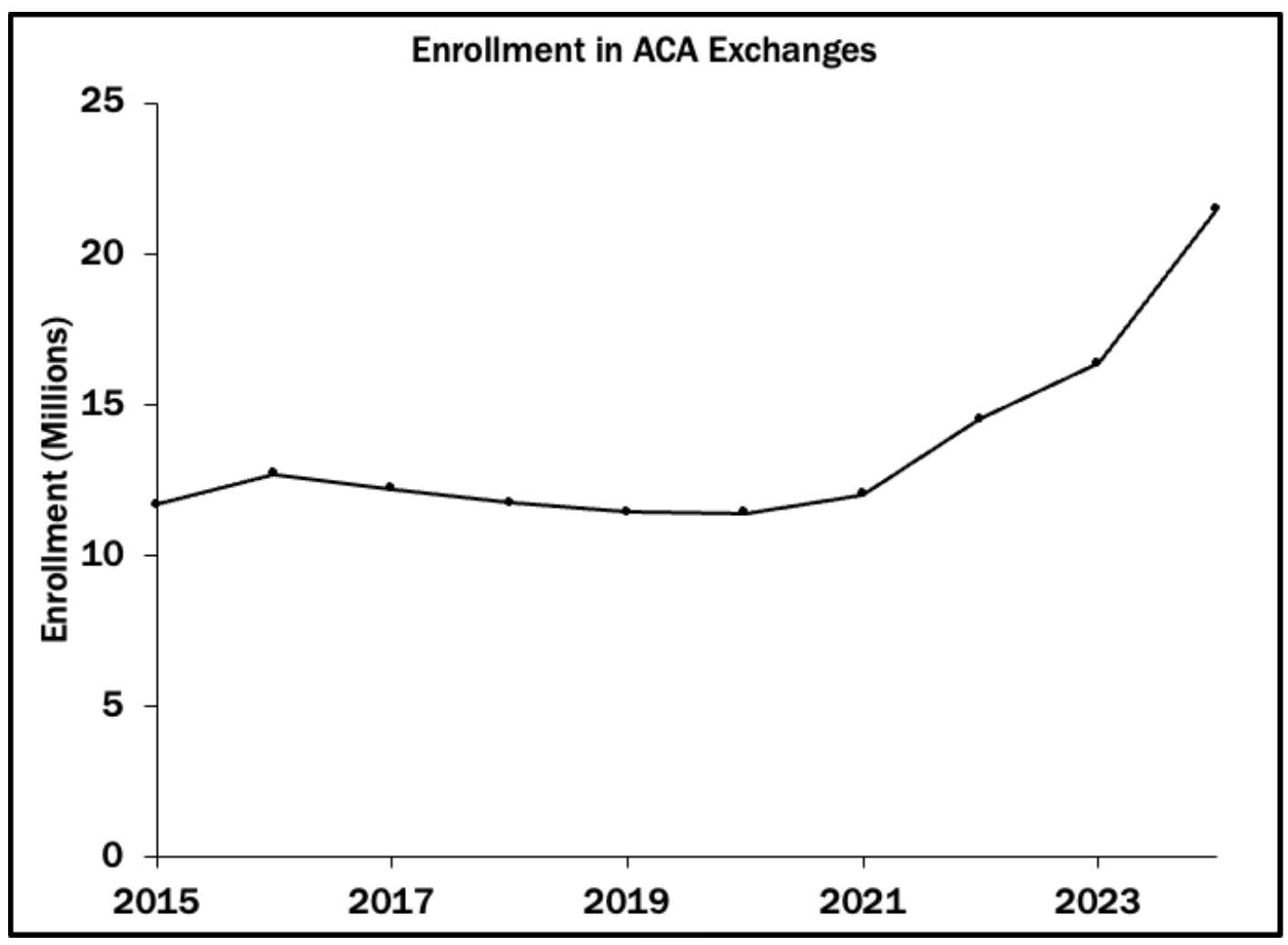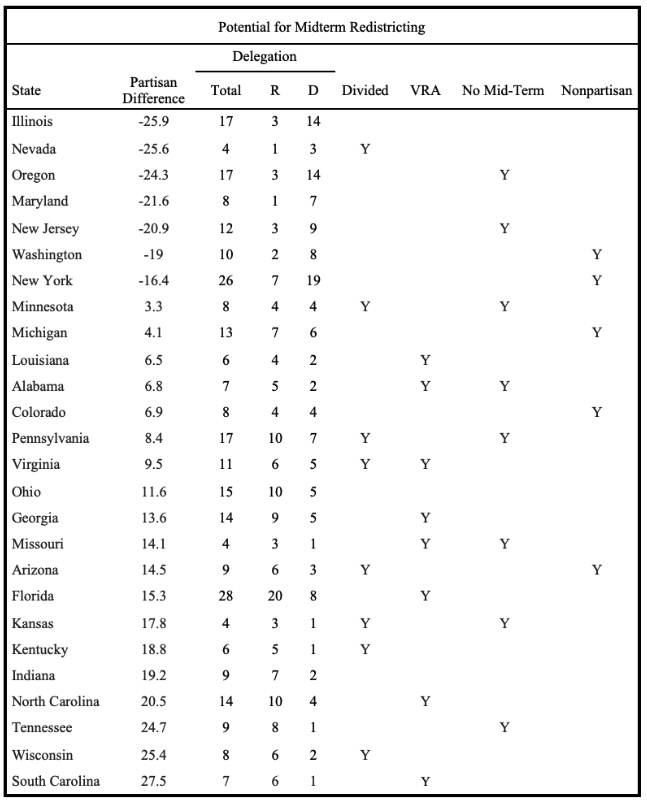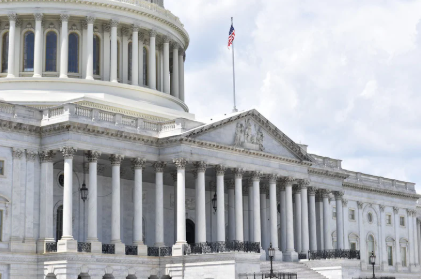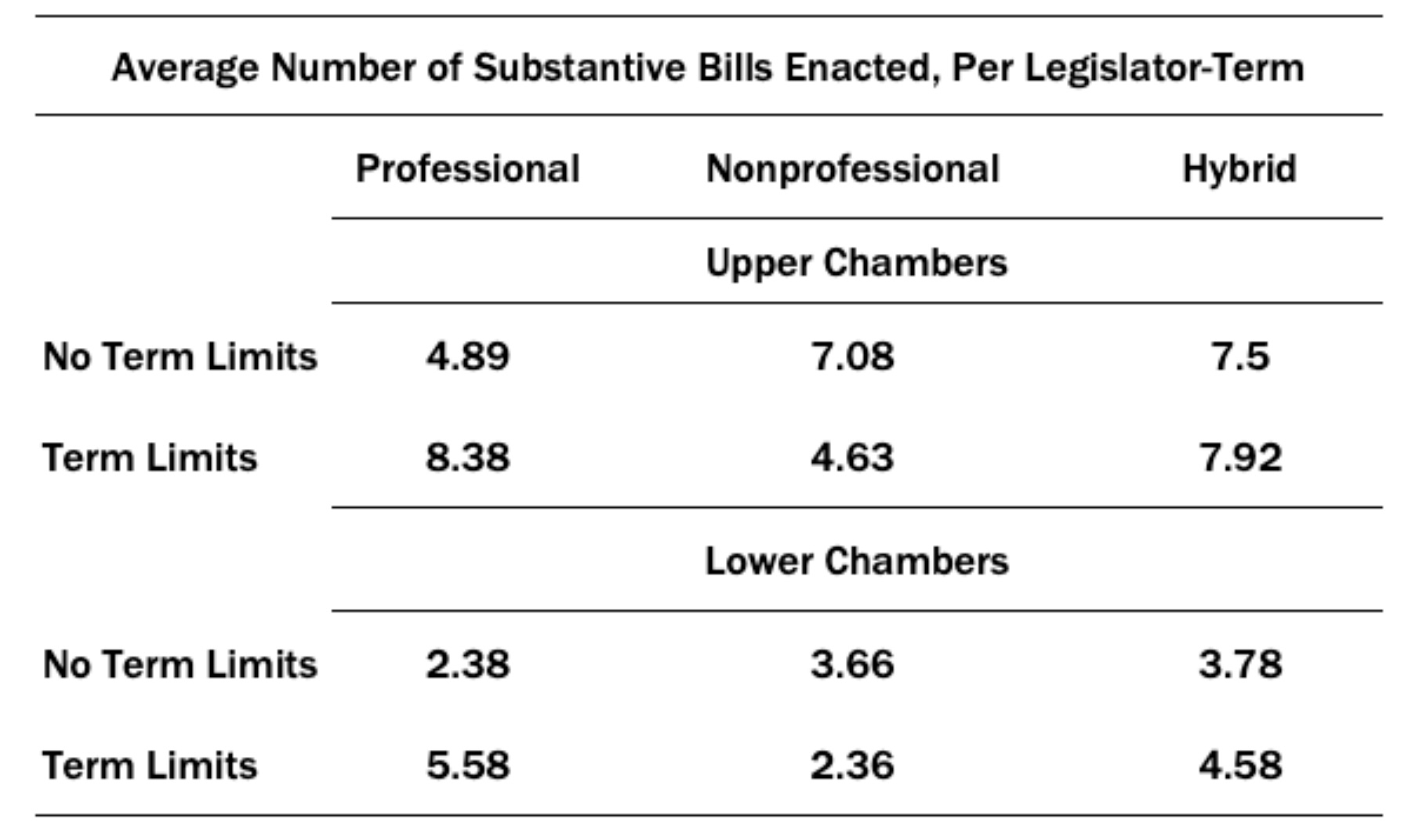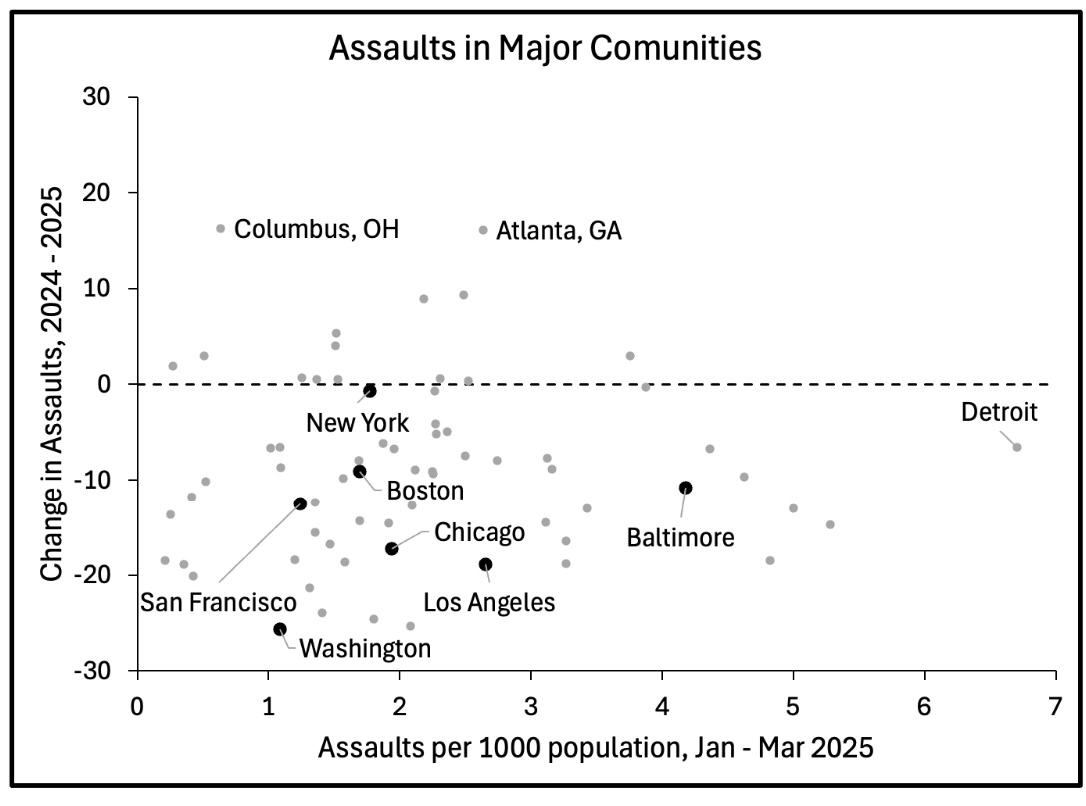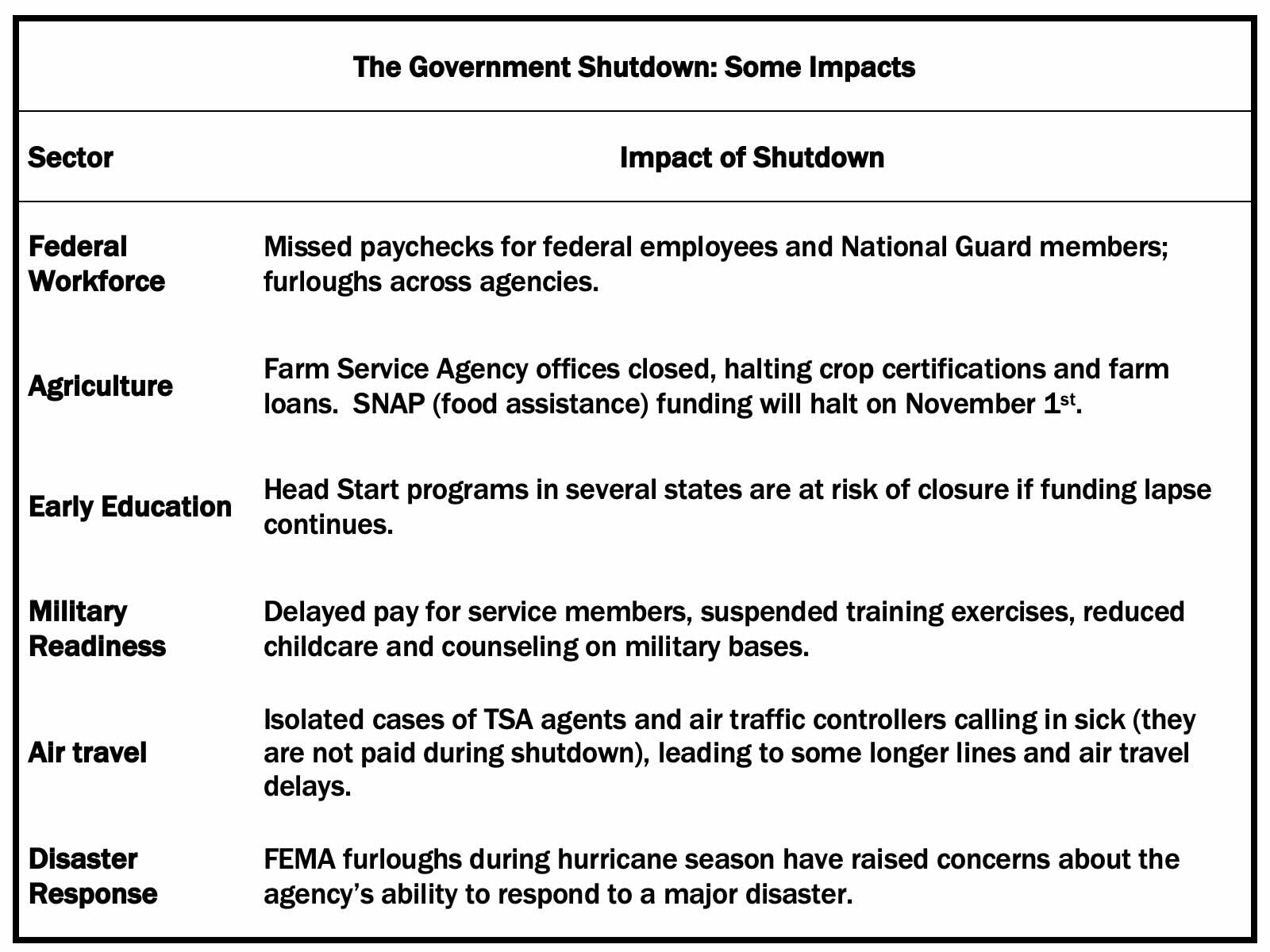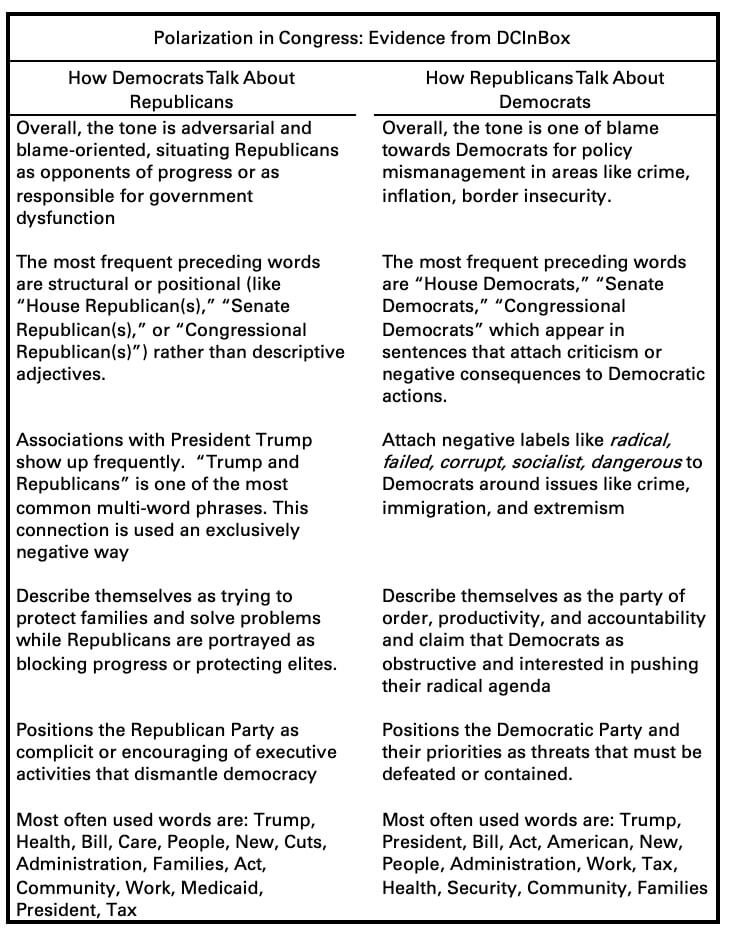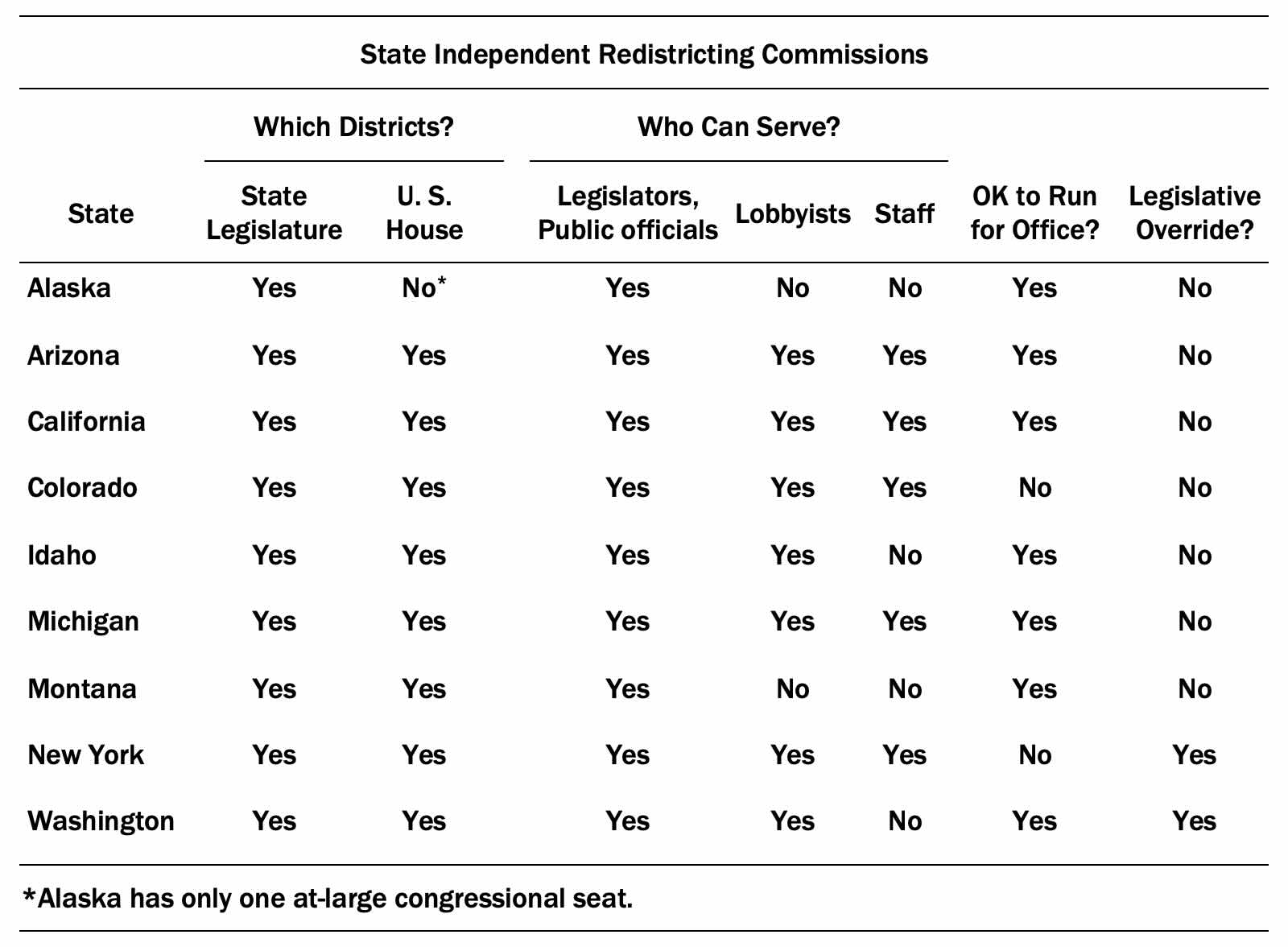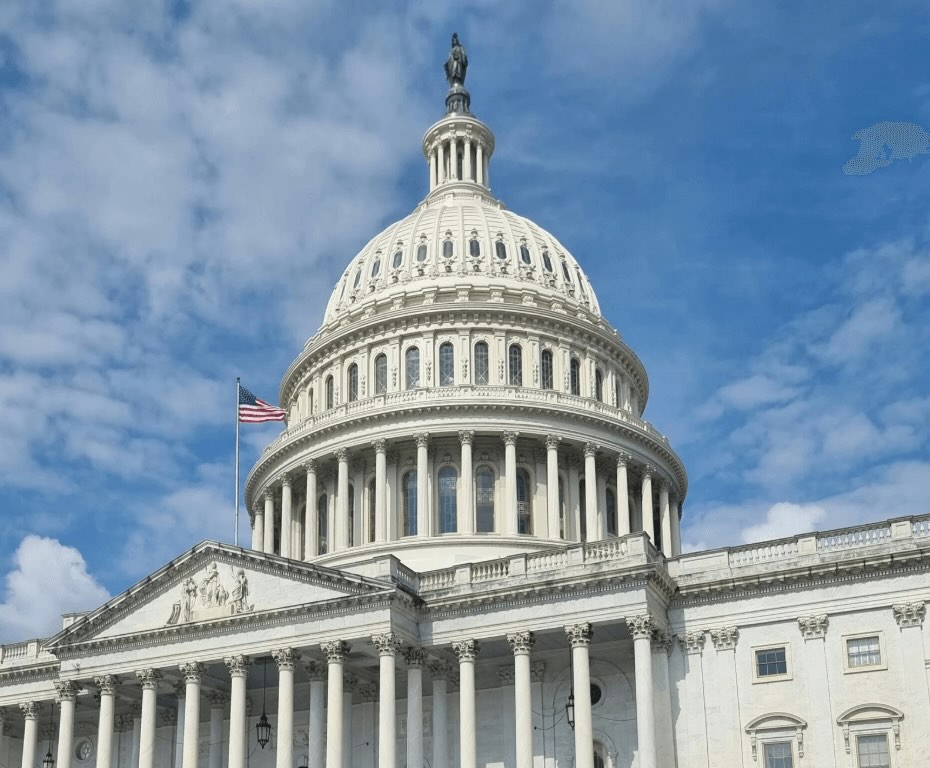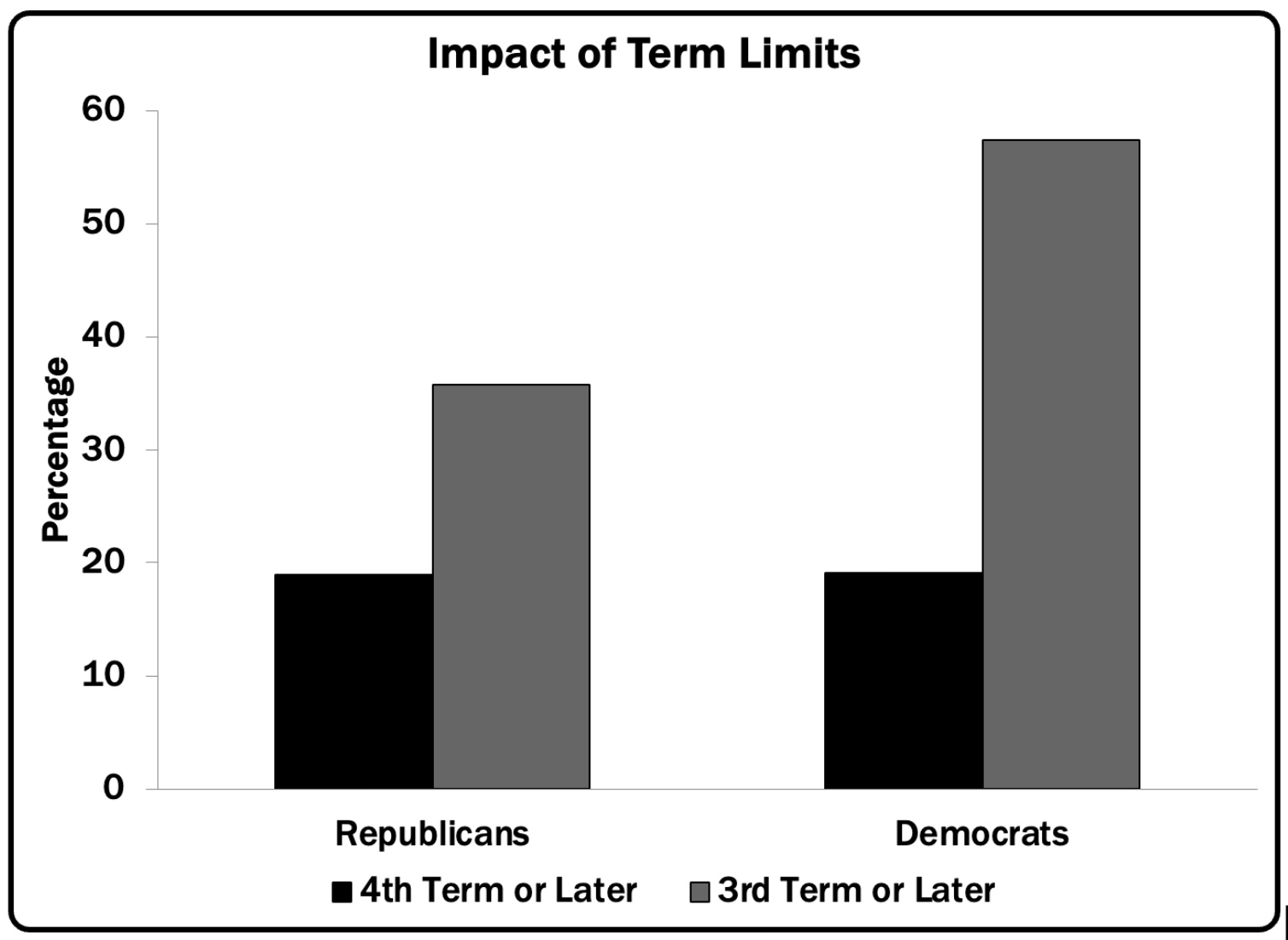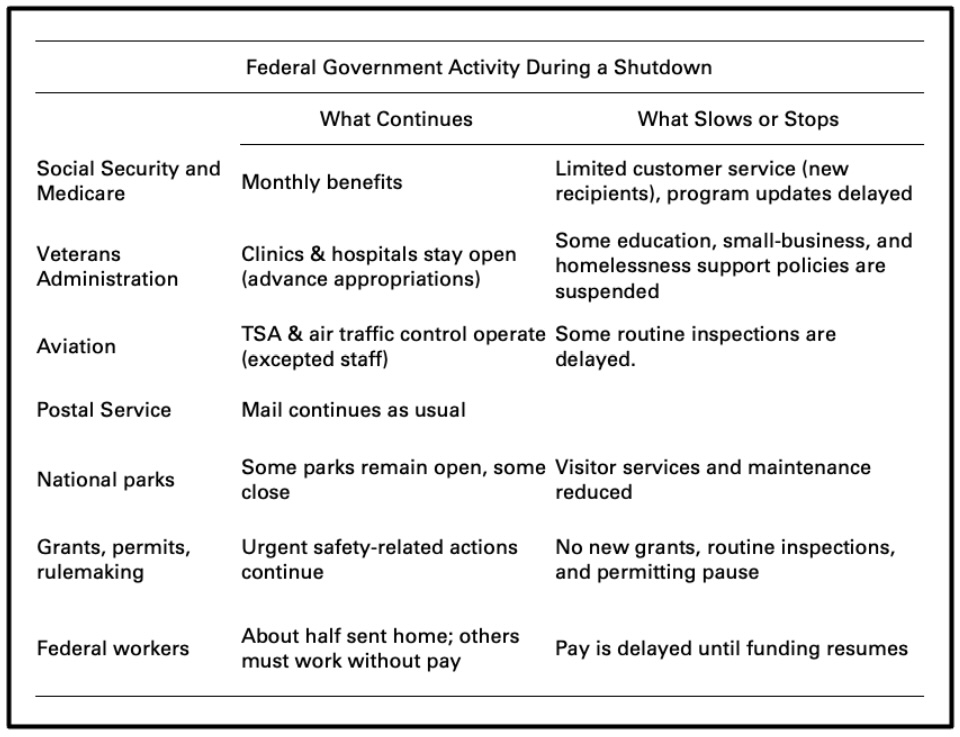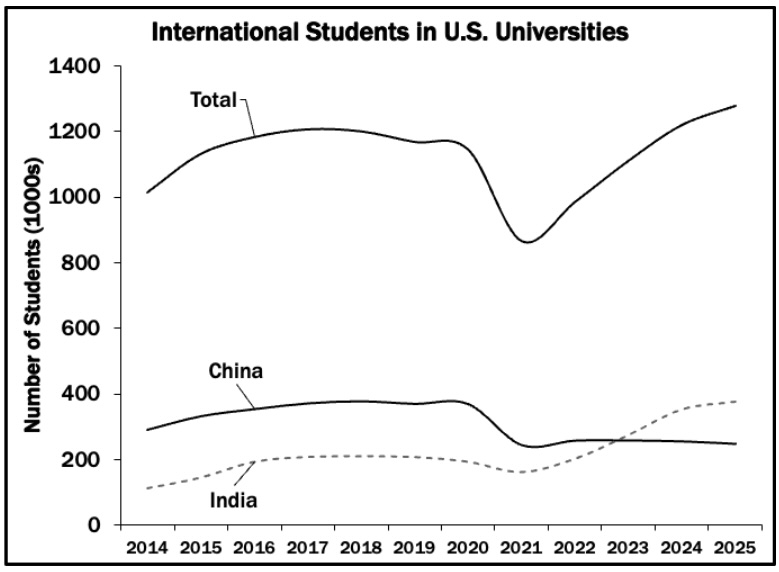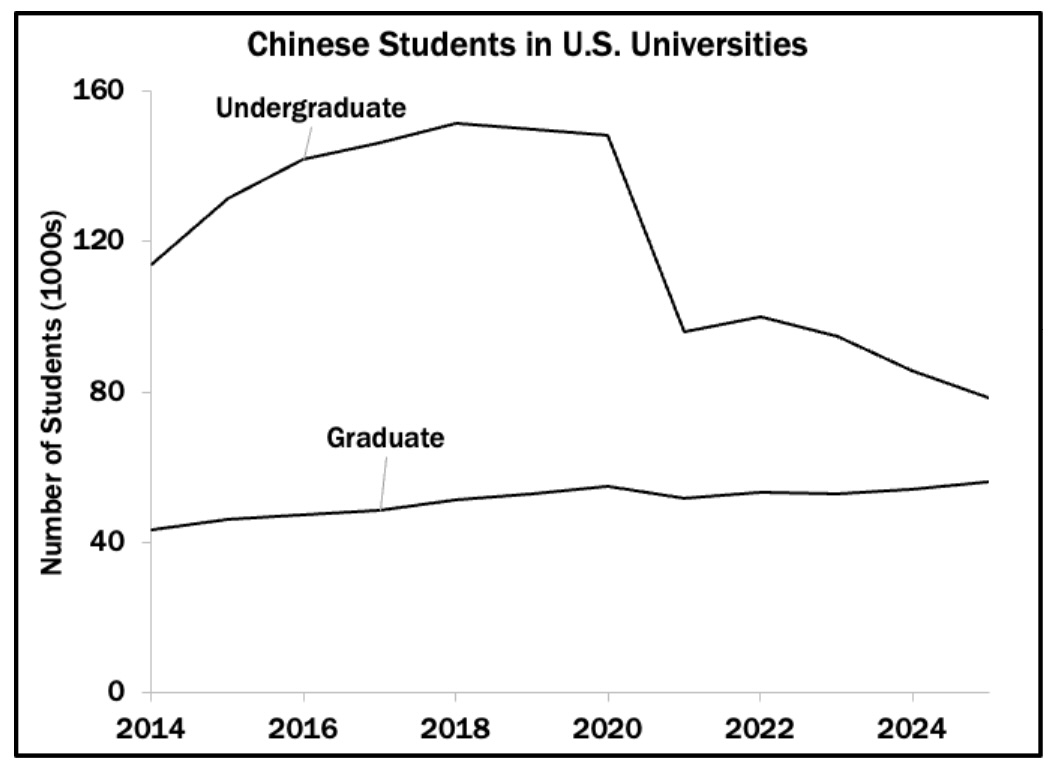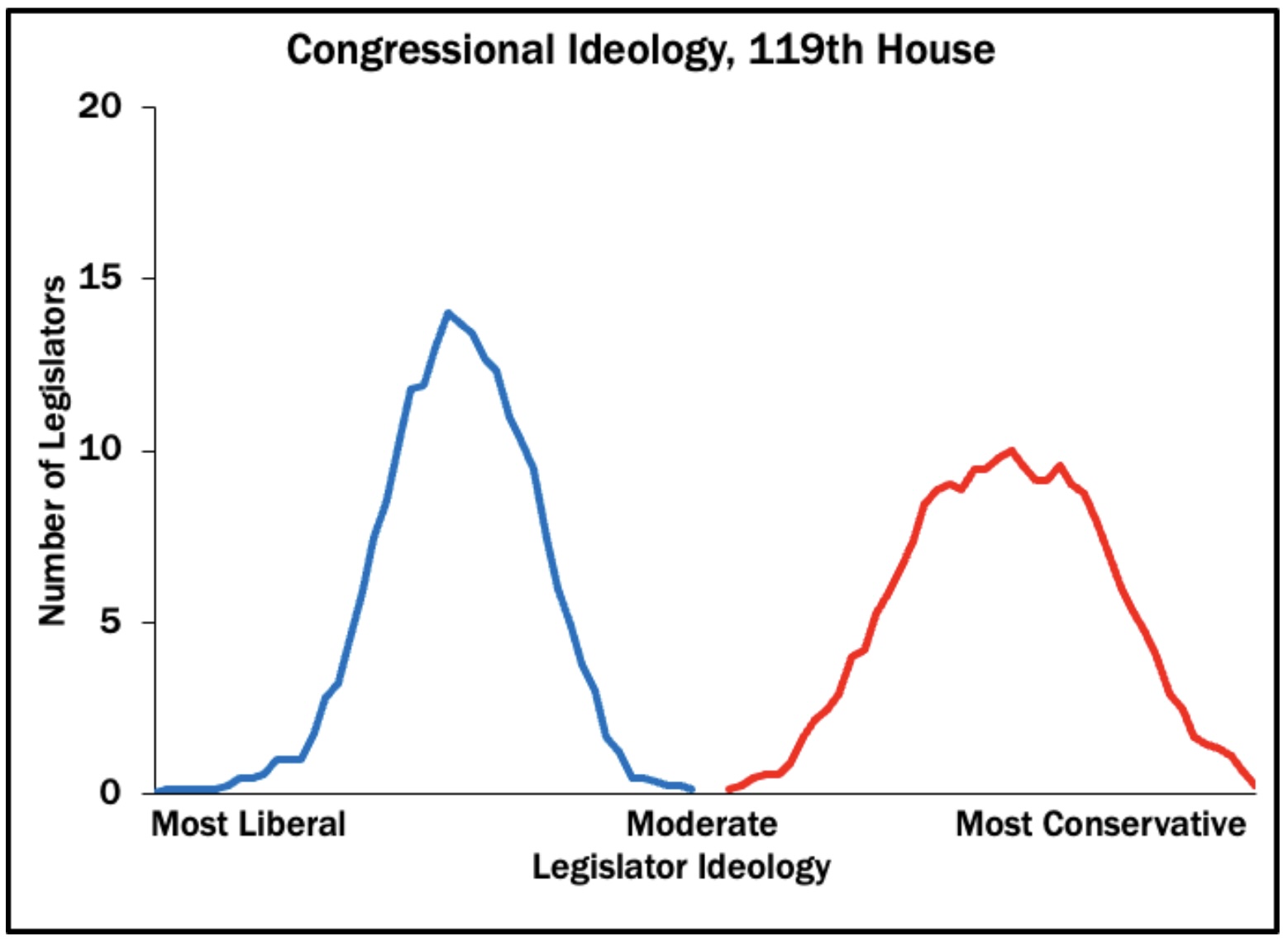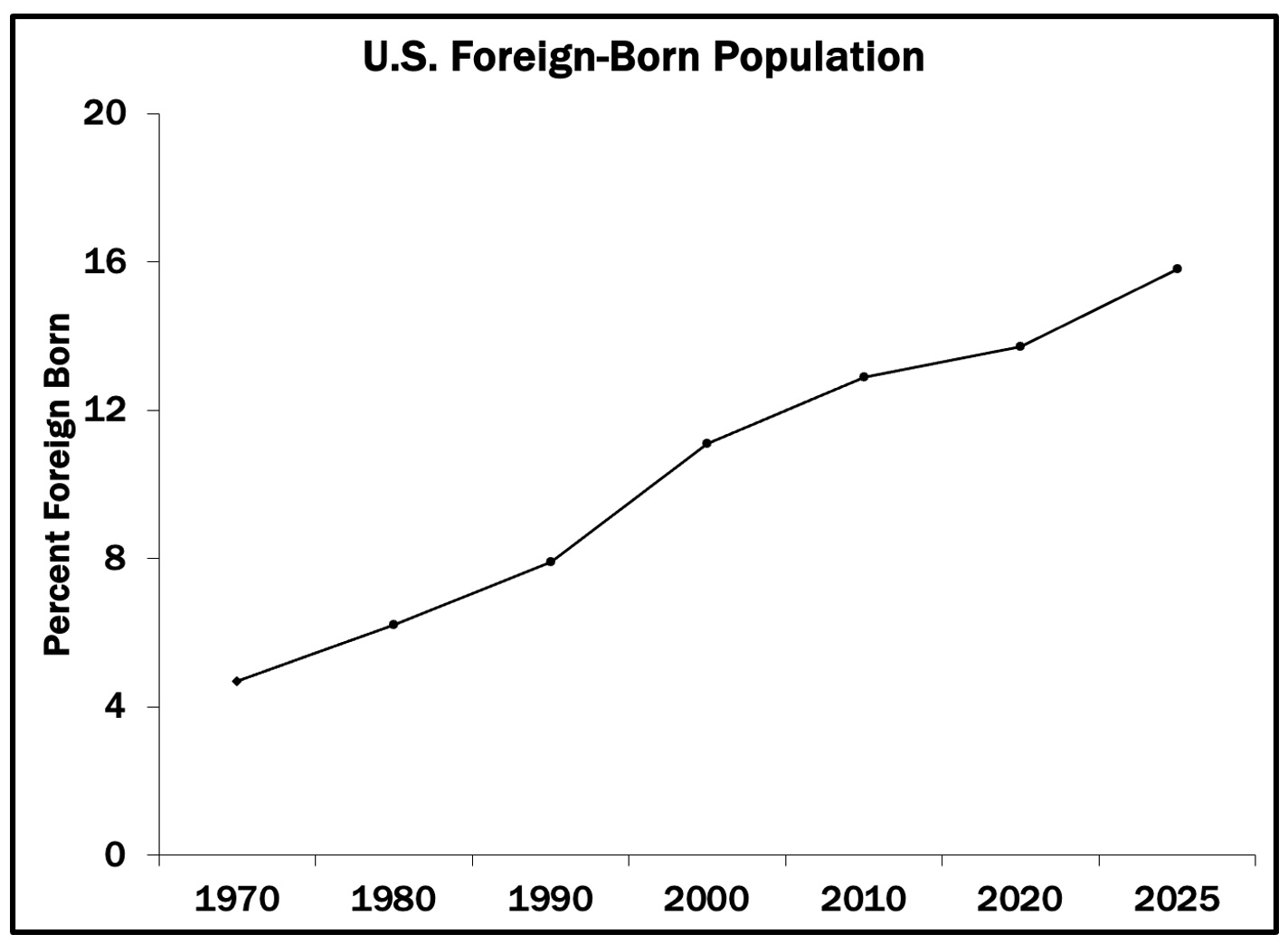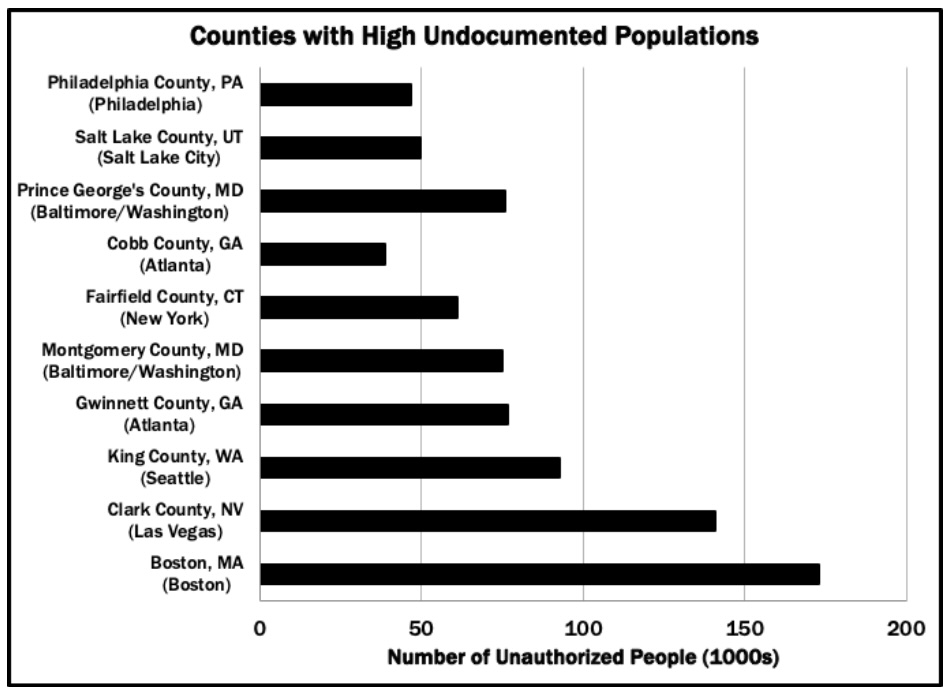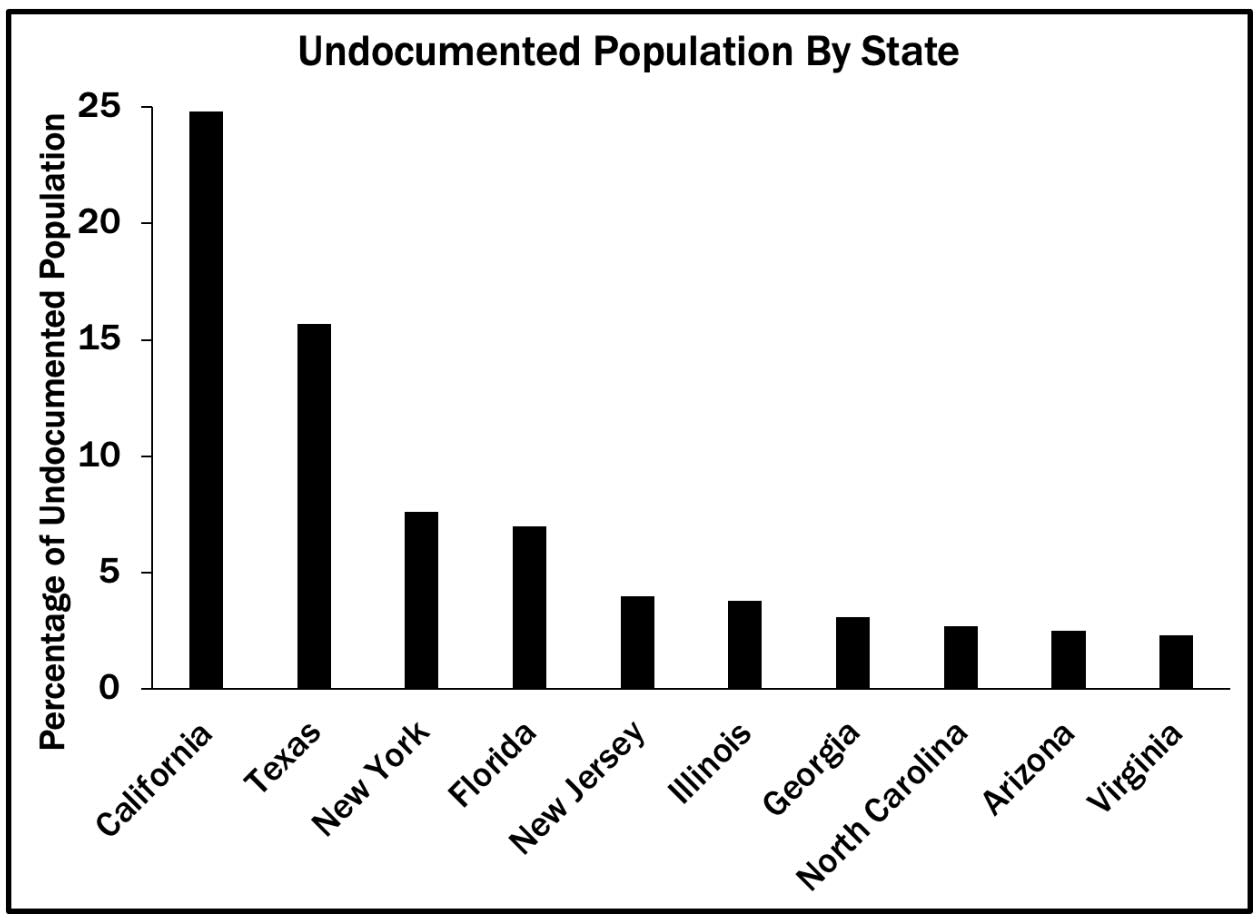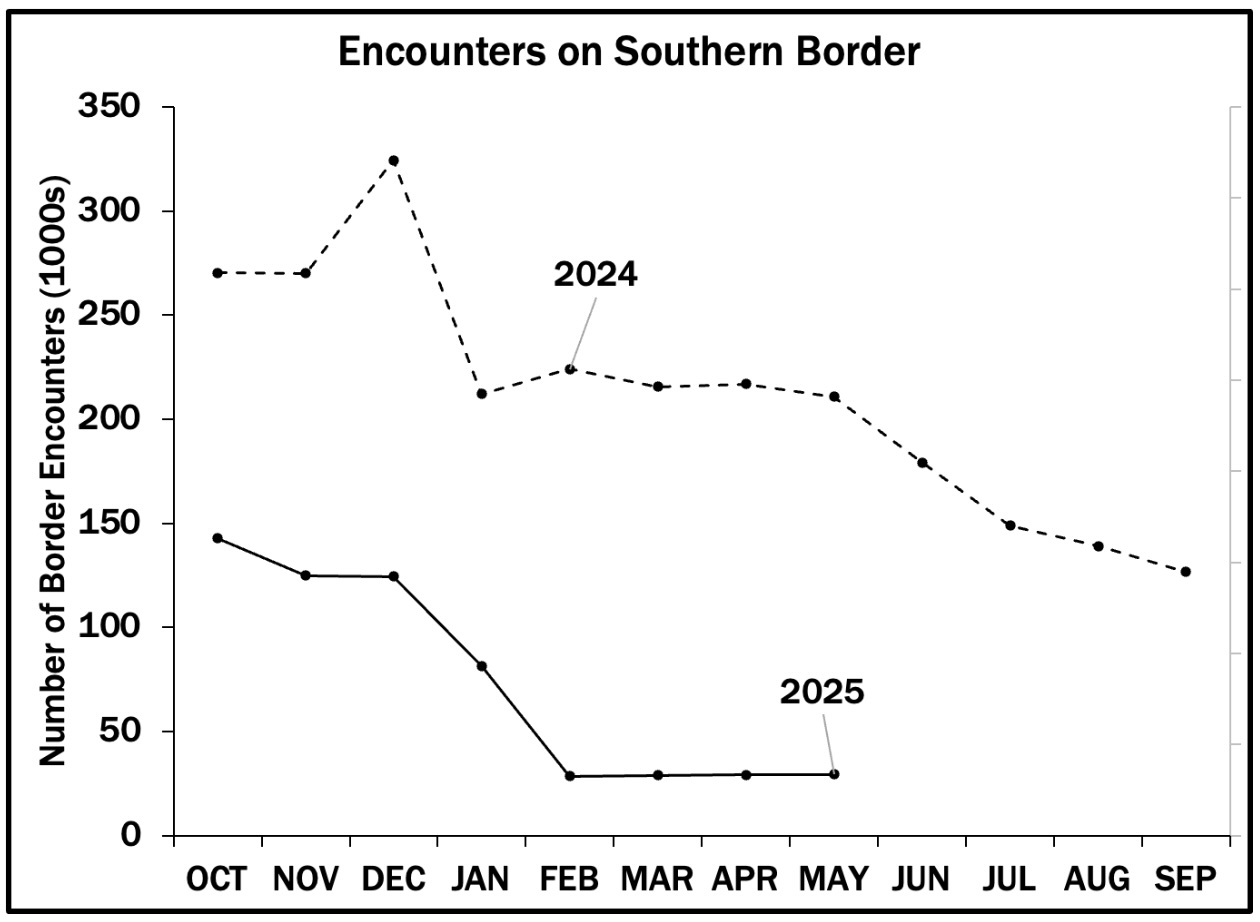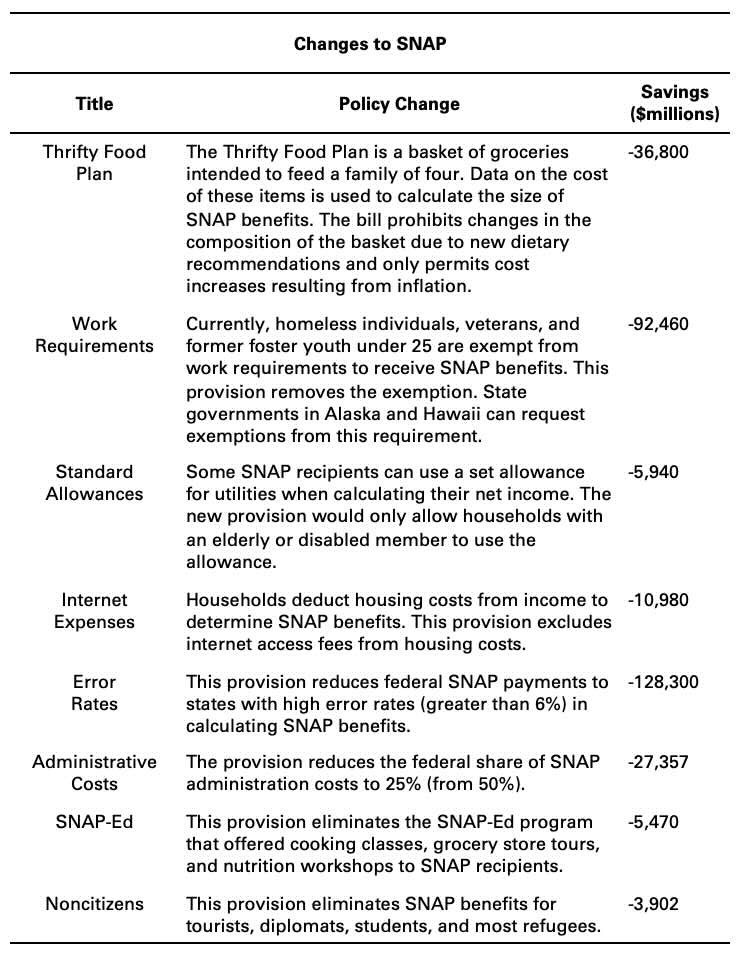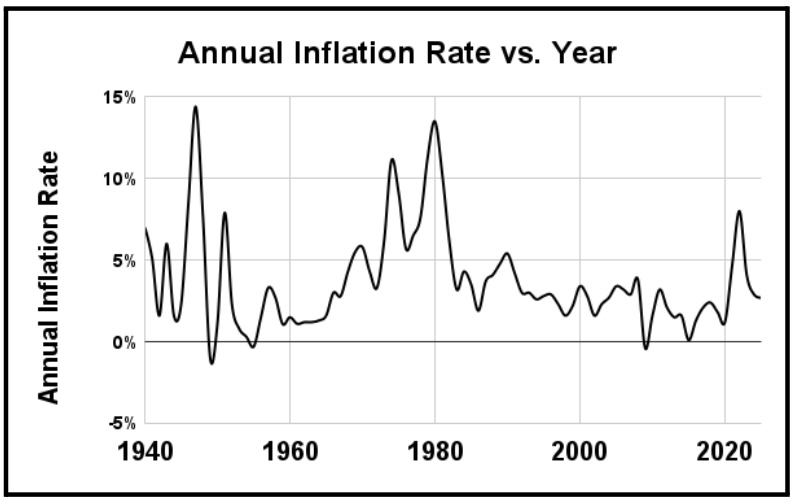How do drug prices differ?
An important consideration to understand is that claims about the high prices of prescription drugs in the U.S. focus primarily on brand-name drugs, generally new drugs that are still under patent protection. Prescriptions for brand-name drugs amount to approximately 10% of the total drug prescriptions written each year. For these drugs, one recent federal comparison found that U.S. prices averaged about 4.2 times those abroad. Even after adjusting for rebates and discounts, they remained more than 3 times as expensive. The most expensive drug in America is Zolgensma, which is a one-dose gene therapy treatment for spinal muscular atrophy with an average cost of $2.1 million per treatment.
The other type of prescription drug is referred to as a ‘generic’, a drug whose patent protection has expired. Many generic drugs are produced in offshore factories in India, China, and other countries. Generics account for approximately 90% of prescriptions written in the U.S., typically for medications taken daily, such as statins to lower cholesterol or drugs to lower blood pressure. Analyses have found that U.S. prices for unbranded generics were approximately one‑third lower than in comparison countries.
Why are brand‑name prices so much higher in the U.S.?
Unlike many other countries, the U.S. allows drug manufacturers to set launch prices freely, raise them faster than inflation, rely on pharmacy benefit managers for selling, and extend market exclusivity with patents and regulatory strategies that delay competition. Although these policies are intended to spur innovation for advancements in treatment by incentivizing U.S.-based pharmaceutical companies to make greater investments in research and commercialization of prescription drugs, remained unchecked, these policies can lead to high prescription drug prices for most major brands. It is believed that approximately 85 - 90% of drug candidates intended to treat major chronic conditions and other rare diseases never receive approval from the U.S. Food and Drug Administration (FDA). About 40 - 50% of these potential drugs fail to gain approval due to a lack of clinical efficacy, and about 30% fail due to safety concerns or major side effects.
Governments of other countries often use centralized price negotiation as a part of nationalized healthcare administration. Other countries often lag behind the U.S. in approving new drugs, partly out of a concern that the benefits are not worth the costs. In contrast to other countries, the U.S. has numerous pharmaceutical buyers, including Medicaid programs, Medicare Part D plans, the Department of Veterans Affairs, private insurers, employers, and PBMs, each of which negotiates separately with drug companies. Until 2022, Medicare was effectively barred from negotiating the prices of most outpatient drugs, even though it is one of the largest drug purchasers in the world.
As mentioned earlier, due to certain U.S. policies, producers of new drugs benefit in a variety of ways, including from patent laws that grant them a monopoly over production. Drug patents are typically granted for 20 years from the application filing date in the U.S., and are intended to allow producers to recoup the costs of drug development. In general, generic versions of a drug typically enter the market 12-15 years after the original drug can be sold to consumers.
Once generic drugs enter the market, prices tend to decline. Still, both patent strategies and litigation initiated by drug makers against would-be generic producers can extend the period of high prices. Additionally, pharmaceutical companies sometimes layer multiple patents or seek small changes (such as new delivery mechanisms or dosing) to extend the effective monopoly period.
Another factor shaping drug prices is the role of third-party companies known as pharmacy benefit managers (PBMs), which act as intermediaries between drug manufacturers and large purchasers, such as hospital chains. We will discuss PBMs in a future brief.
The Takeaway
Higher prescription drug prices in the U.S. compared with other countries are concentrated in newer, specialty brand-name drugs rather than in older generic drugs, which are the bulk of prescriptions filled.
A small share of brand-name and specialty drugs account for most U.S. prescription spending, largely because U.S. law permits manufacturers to set and raise prices freely while limiting competition and negotiation. Many of these policies are intended to spur innovation and investment in novel prescription drugs, but also increase prices for brand-name drugs.
In addition, authorities in other countries sometimes refuse to approve new drugs because of cost concerns, which also increases price disparities when comparing prices across groups of new drugs.




